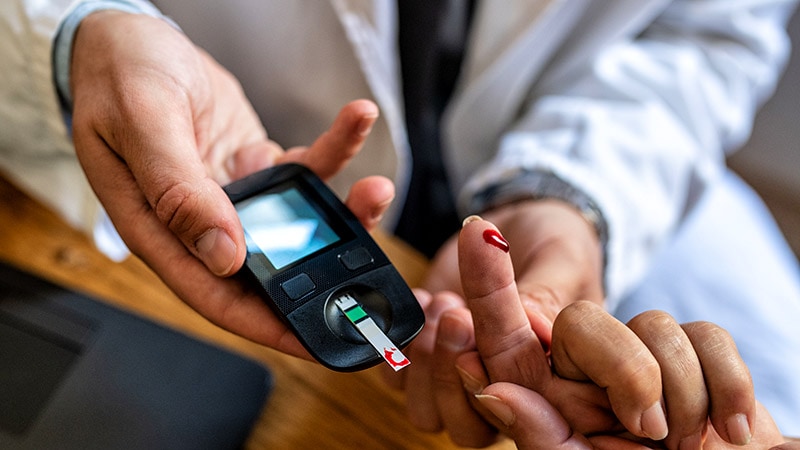The NHS has announced an investment of £50 million for the development of artificial intelligence technology within diagnostic centres of excellence, to help speed up diagnosis of conditions including cancer.
The funding boost will scale up the work of existing Digital Pathology and Imaging Artificial Intelligence Centres of Excellence, which were launched in 2018 to develop cutting-edge digital tools to improve the diagnosis of diseases across the NHS.
The three centres set to receive a share of the funding, based in Coventry, Leeds and London, will deliver digital upgrades to pathology and imaging services across an additional 38 NHS trusts, benefiting 26.5 million patients across England.
Commenting on the funding, Health and Social Care Secretary Matt Hancock said: “I am determined we do all we can to save lives by spotting cancer sooner. Bringing the benefits of artificial intelligence to the frontline of our health service with this funding is another step in that mission. We can support doctors to improve the care we provide and make Britain a world-leader in this field.”
The government has also provided an update on the number of oncology diagnostic machines replaced in England since September 2019, when £200 million was announced to help replace magnetic resonance imaging machines, computed tomography scanners and breast screening equipment, as part of the government’s commitment to ensure 55,000 more people survive cancer each year. A total of 69 scanners have now been installed and are in use, 10 more are being installed and 75 have been ordered or are ready to be installed.
The new funding is part of the government’s commitment to detect three-quarters of all cancers at an early stage by 2028.
Alongside the clinical improvements, this investment also supports the UK’s long-term response to COVID-19, contributing to the government’s aim of building a British diagnostics industry at scale.
This article originally appeared on Univadis, part of the Medscape Professional Network.


